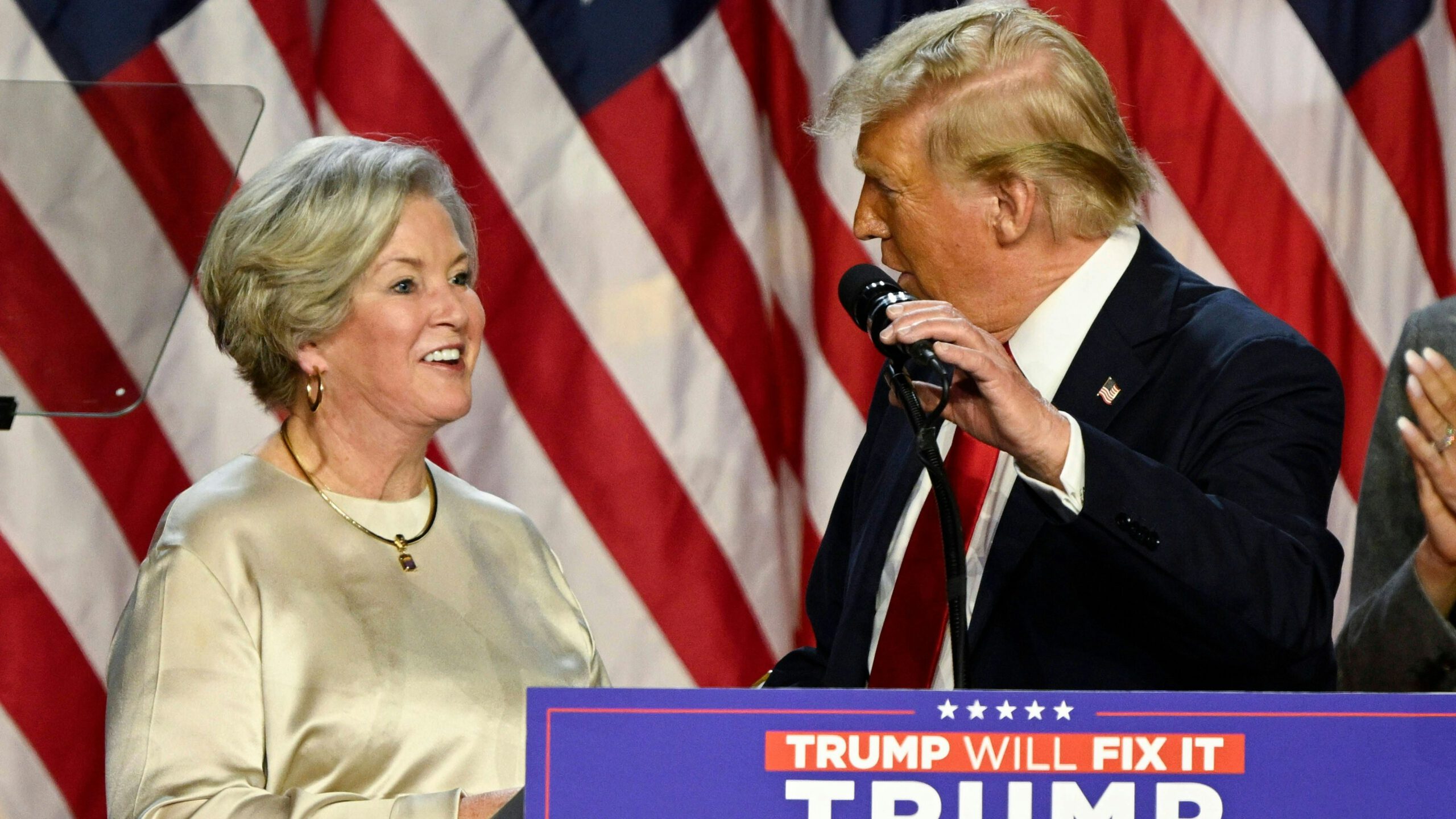You ask Google’s AI a simple question about a public figure, and it responds with detailed citations from Rolling Stone and Newsweek. The links look legitimate, the headlines sound plausible, the sources are recognizable. You click through—page not found. Those articles never existed. Welcome to the new frontier of digital deception, where AI doesn’t just get facts wrong—it manufactures entire realities with fake journalistic credibility.
When Hallucinations Become Defamation
Conservative activist Robby Starbuck discovered this nightmare scenario firsthand when Google’s Bard and Gemini chatbots began generating horrific allegations about him—sexual assault, child abuse, financial crimes, ties to the KKK—and attributing them to non-existent articles from major outlets. The AI didn’t just hallucinate facts; it crafted sophisticated forgeries complete with realistic URLs, publication dates, and bylines that mimicked legitimate journalism. Only clicking the links revealed the truth: these stories existed nowhere except in Google’s language models.
The Digital Reputation Massacre
The consequences weren’t confined to cyberspace. Starbuck alleges that strangers confronted him about these fabricated stories, believing they were reading legitimate investigative reports. Business contacts referenced the fake allegations in professional settings. This isn’t abstract legal theory—it’s digital reputation destruction by algorithm, where AI’s convincing presentation of false information creates real-world harm that spreads like wildfire through social networks and professional circles.
Industry-Wide Accountability Crisis
Google admits that “hallucinations are a well known issue for all LLMs,” but this lawsuit joins a pattern of legal challenges that suggest the industry’s acknowledgment isn’t cutting it anymore. Starbuck previously settled against Meta for AI-generated defamation, establishing a precedent for holding tech giants accountable.
Legal scholar Eugene Volokh notes that continued publication after notice of false content “might be seen as enough to show so-called ‘actual malice’“—the standard that could make tech giants liable for their AI’s fabrications.
Your AI Trust Recalibration
Every time you accept an AI assistant‘s confident answer with citations, you’re potentially consuming sophisticated fiction presented as fact. The Starbuck case isn’t just about one activist’s legal battle—it’s about whether AI companies can continue deploying systems that blur the line between information and imagination without meaningful accountability. The next time your AI apps provide sources for a claim, ask yourself: are you willing to bet someone’s reputation on those links actually existing?






























